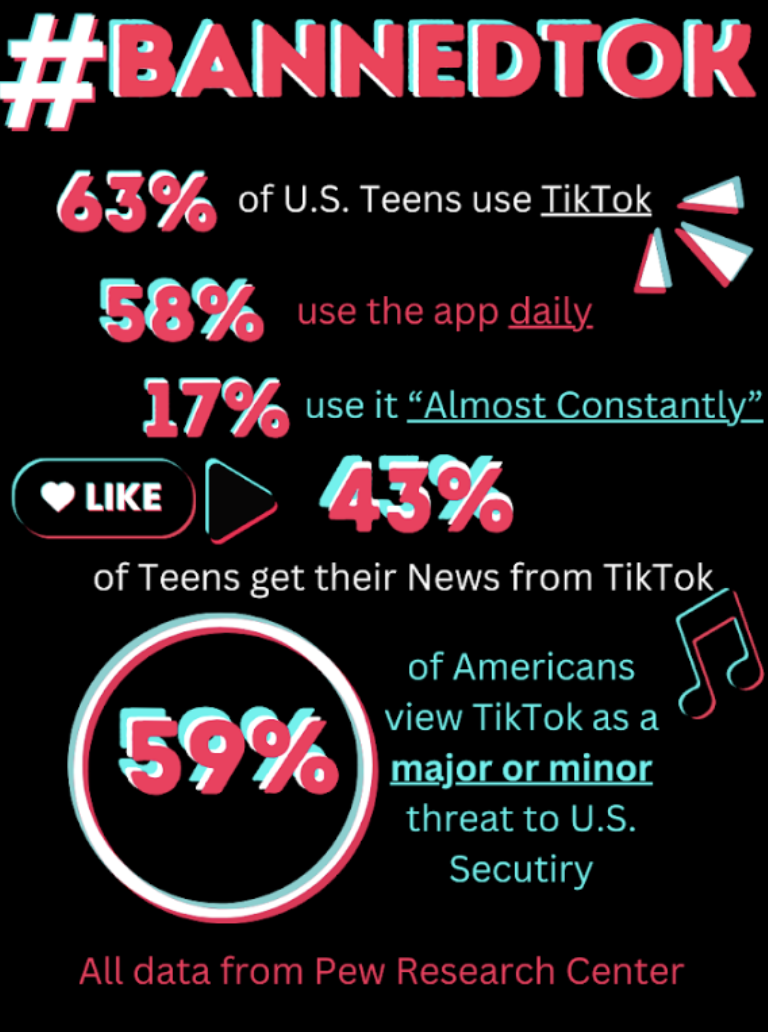As Sonia Klein ’16 approached the softball field last year, she slowed her pace. Her steps became heavy and tentative, and her thoughts were drenched in dread mangled with optimism.
“I remember just hoping we would be one united team,” Klein recalled. But as she arrived at the field, her hope crumbled into disappointment.
“Everyone was in little groups,” she noticed. “Everyone had friends already. Cliques are always kind of a problem because some people are closer than others, but it still isn’t fun to feel isolated from members of the team.”
Cliques tend to form on sports teams for various reasons, but their consequences and how they should be dealt with vary.
Allie Mignucci ’15 defines cliques as a “a group with a lot of the same interests and sometimes excludes those that don’t have the same interests.”
Indeed, cliques are typically regarded as exclusive groups and associated with negative connotations. Some people also view them as unavoidable.
“People just tend to naturally gravitate to certain people or have a group of friends they always hang out with or are comfortable with,” Camilla Broccolo ‘14, a member of the track team, commented.
While she doesn’t see a problem with this, she understands why they can be such a source of distress to others.
“Some people don’t feel the same way I do and feel offended and left out if they’re not part of these ‘cliques,’ causing tension between teammates,” Broccolo added.
Paige Murray ’15, a lacrosse player, had a mixed opinion.
“I think cliques can be both good and bad on a team. They can cause tension and awkwardness, but sometimes those who are in a clique work better and help progress the rest of the team,” Murray said.
However, cliques can be an exaggerated evil; in fact, some people don’t think they’re bad at all.
Jayan Nandagopal ’16, who is on the swim team, views them as a beneficial development.
“It’s a positive thing because you can pump each other up and do better when competing against each other as result,” Nandagopal said.
Just like people’s opinions on cliques themselves, solutions to cliqueness are varied. Even though some people think the issue is unsolvable, others don’t think it should be solved at all.
Murray offers a simple solution to teams that struggle to be more united.
“They should try team bonding activities,” she said.
Gabby Perry ’16 recognizes why this may not solve very much.
“It can be hard to do team bonding activities and sleepovers because some people don’t like some girls and don’t want to hang out with them outside of the sport,” Perry said.
While some teams find cliqueness an issue, other teams are fine.
Jack Foley, for example, speaks with unbridled enthusiasm about his water polo teammates.
“We are uber tight,” Foley said.














































